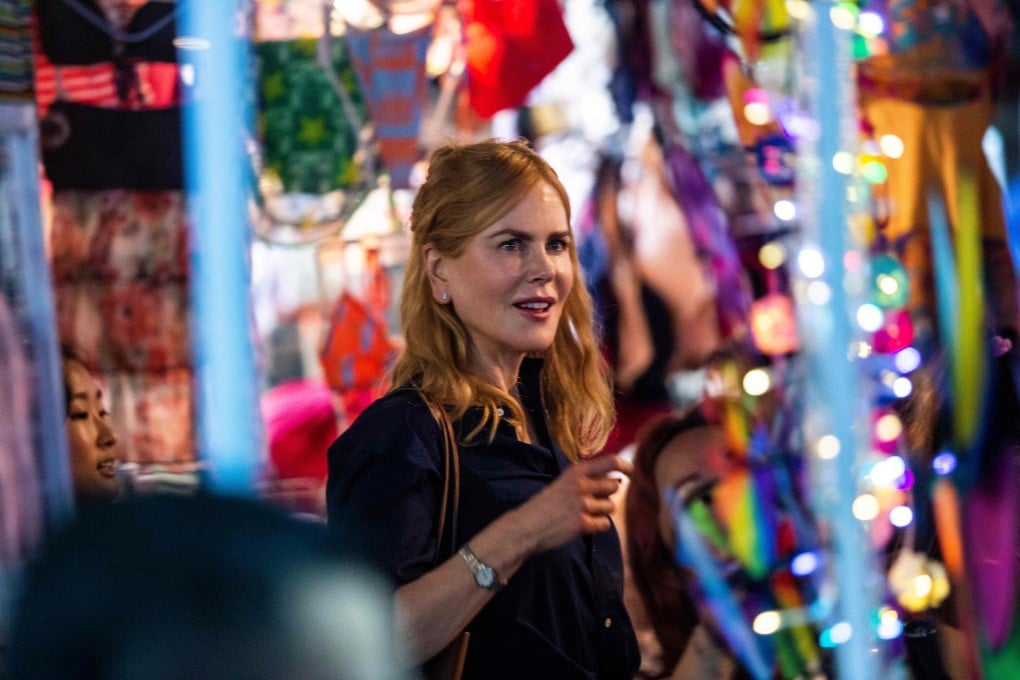Advertisement
My Hong Kong | The upside to Nicole Kidman’s Hong Kong quarantine exemption: it could bring in more film industry elites and boost the city’s economy
- It’s no real salve to those who have had to endure quarantine in a hotel, but Nicole Kidman’s exemption from it could be considered a blessing
- Think about the upside of the government’s controversial decision – it could be the beginning of the city opening its doors to international businesses again
3-MIN READ3-MIN
36

I suspect Nicole Kidman did not, upon touching down in Hong Kong, anticipate her sojourn to film an upcoming Amazon Prime series would cause such a public outcry.
The row over the quarantine exemption for the Australian actress has been well reported both locally and internationally – but for those of you who may not have heard, here’s the long and short of it.
She arrived in Hong Kong from Australia on a private jet on August 12. A mere two days after arriving, she was seen visiting a boutique in Central, on Hong Kong Island, rather than submitting to the then-standard seven-day quarantine for those inbound from Australia.
Advertisement
As expected, the Hong Kong public has been outraged by the apparent privilege bestowed on the Hollywood A-lister. Meanwhile, returning Hongkongers and other inbound travellers are having to adhere to the city’s stringent quarantine restrictions; travellers from “high-risk” countries are subject to a 21-day quarantine.

To add fuel to the flames of public discourse, the Hong Kong government justified Kidman’s exemption from quarantine by stating that her work is “conducive to maintaining the necessary operation and development of Hong Kong’s economy”. The vague definition of such an explanation unfortunately seems to have made the situation worse.
Advertisement
Advertisement
Select Voice
Select Speed
1.00x
